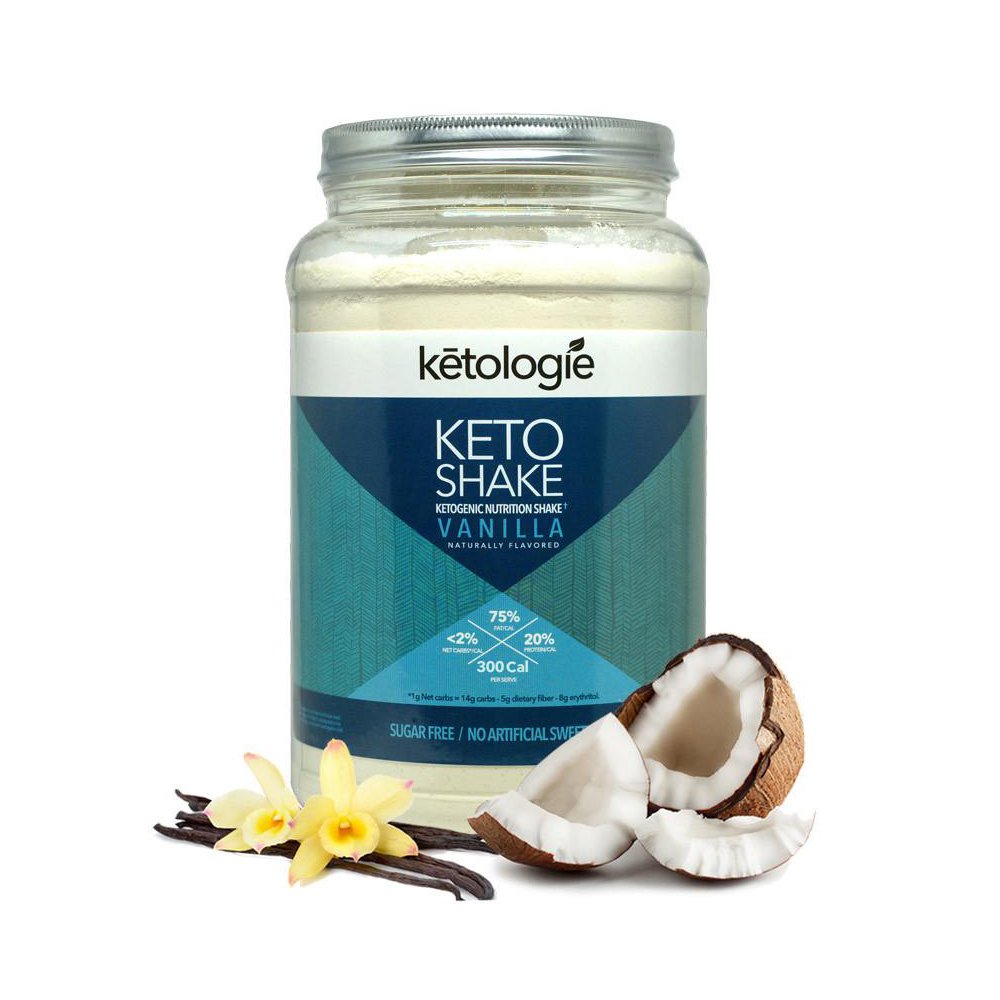Best Plant Based Protein Powder Reviews / Comparison Chart

It’s the only objective piece of information you have to judge whether the ingredients are “clean” and “healthy” or not. 1. How many grams of sugar do you see? Sugar is sugar. It all turns to fat in your body. Doesn’t matter if it’s from honey, maple syrup, molasses, or coconuts (although I do enjoy raw honey in moderation). Avoid all protein powders with more than 1 gram of sugar.
2. Which artificial sweeteners do they use instead of real sugar? A “clean” plant protein should definitely not contain chemical sugars like saccharin, aspartame, acesulfame potassium, and sucralose anymore. But protein manufacturers are notorious for sneaking so-called “all-natural” sweeteners that may not be so good for you into their products. Xylitol is a cheap, processed “sugar alcohol” that can cause serious gut imbalances.
Monk fruit (luo han guo) is a popular sweetener many protein powder companies use. It’s commonly made using ethanol chemical resins and often contains GMO fillers. Stevia. The stevia most protein companies use is chemically-derived and loaded with fillers. Organic stevia leaf extract is the cleanest … you just need to find out how it was processed (no bleaching!) and whether or not it has excipients (ask the manufacturer!).
The best plant based protein blends use organic, real food ingredients and all-natural (or no) sweeteners … not GMO fillers and junk. And again, 1 gram of total sugar should be your limit per serving. 3. What other highly-processed ingredients (flavors, gums, fillers, etc.) do they add? Natural flavors. Up to 90 percent of “natural” flavors have chemical solvents and preservatives. If you see them on the ingredients list, make sure you ask the manufacturer how they’re made and what’s in them.
Gums. Many so-called clean plant protein powders contain gums like carrageenan, guar, xanthan, locust bean, konjac, and acacia. Gums make vegetable protein products easier to mix and blend … but there are some reasons for concern with some of them. Many people report gut issues and certain gums have been shown in clinical studies to produce laxative effects, gas, and bloating.
I recommend people with sensitive guts and GI issues avoid protein powders that have gums. Lecithins. The most common way to make lecithins involves using a petroleum-based neurotoxin called hexane. Avoid powders with this cheap soy- and sunflower-based filler … or at the very least make sure it’s organic if your powder has it.
Avoid vegan protein powder with flavors, gum, or lecithins if you have a sensitive gut. 4. What types of protein do they use? Whey has long been considered the gold standard for packing on muscle but it may come with a price. And it’s true: whey has a lot of clinical evidence that shows it’s a good source for those looking to improve body composition. However, whey protein brands like to talk up their efficacy without mentioning the possible side effects. And there are lots of them, according to the Mayo Clinic. If whey works for you, that’s great.
I recommend sticking with organic protein powder though. Plant-based protein blends made from organic peas, rice, hemp, sacha inchi, cranberry and pumpkin seed are a better choice for those who want to avoid whey. Again, if the ingredients in your protein powder are not organic, chances are it’s sprayed with pesticides, and most of these powdered vegetable ingredients come from countries outside the U.S., where regulations may not be as strict. Whether you choose a plant-based or animal protein like whey, pay a little more for organic.
It’s worth it for the sake of your health. 5. How are their ingredients processed? This is a tricky one because protein manufacturers rarely disclose this information. Most whey protein is made using a high heat, acid-flushed process. Most companies that use vegetable proteins also use high temperature processing methods, and some even use hexane.
These high-heat, chemical methods destroy vital nutrients in the plant. A small handful of protein manufacturers will disclose how they make their proteins. Most won’t though. When in doubt, ask. I asked several health and wellness gurus, “What’s your advice for finding the best plant based protein powder? “I recommend clean plant-based protein powders to my patients and use them myself in a morning smoothie.
When they ask me about whey my answer is “No Whey“! “In general, I recommend that my patients look for real food ingredients in anything they purchase, and avoid ingredients like artificial colors and flavors, preservatives, artificial sweeteners, high fructose corn syrup, and hydrogenated oils. If cane sugar or another refined sweetener is listed, it should be organic and one of the last ingredients listed. Look for organic, hormone-free, non-GMO products.
“For me, it must be vegan but after that I look for powders that aren’t full of fillers, sugars and extra junk. “Since protein powder can be a daily food, I think it’s important to be sure you are comfortable with every single ingredient. “At this point in my vegan bodybuilding career, I like to think of myself as a connoisseur of the top vegan protein powders.
0 Response to "Best Plant Based Protein Powder Reviews / Comparison Chart"
Post a Comment